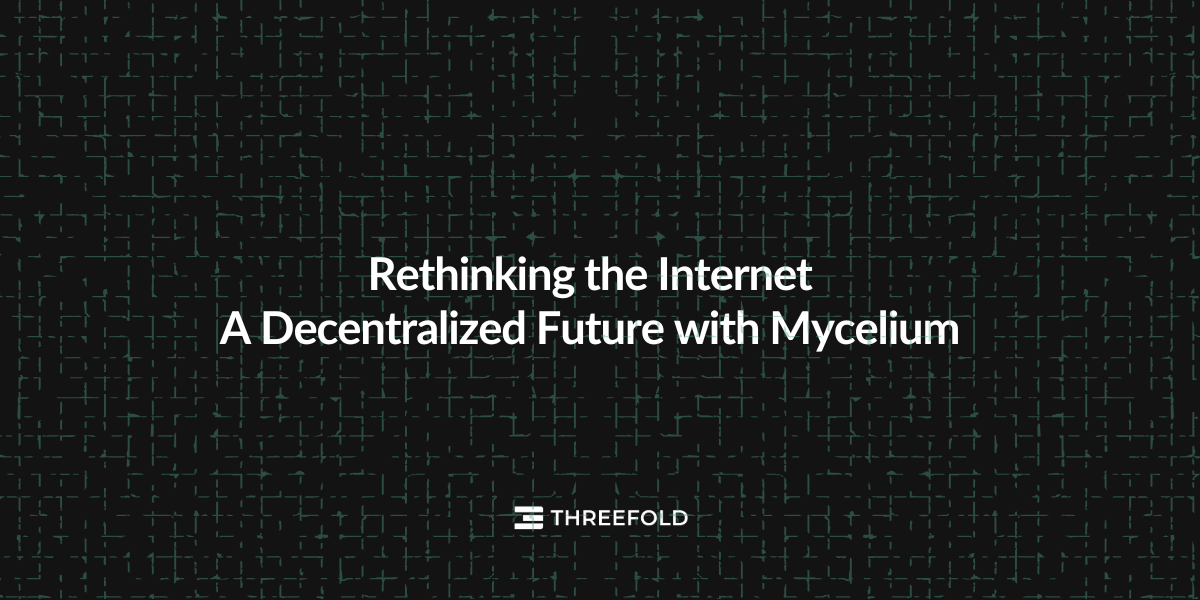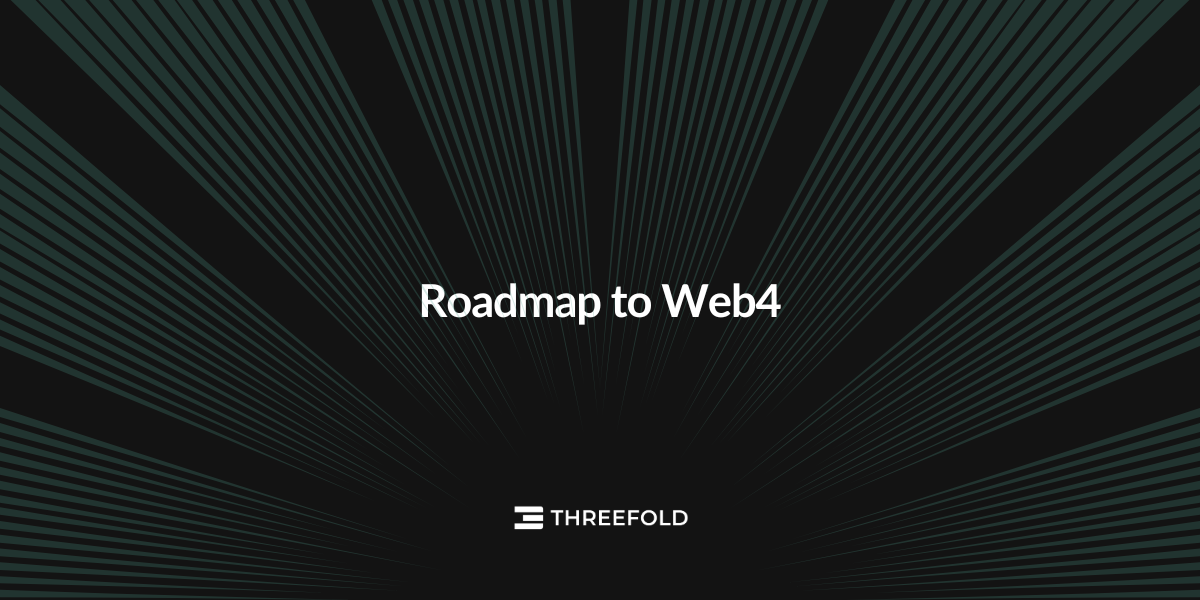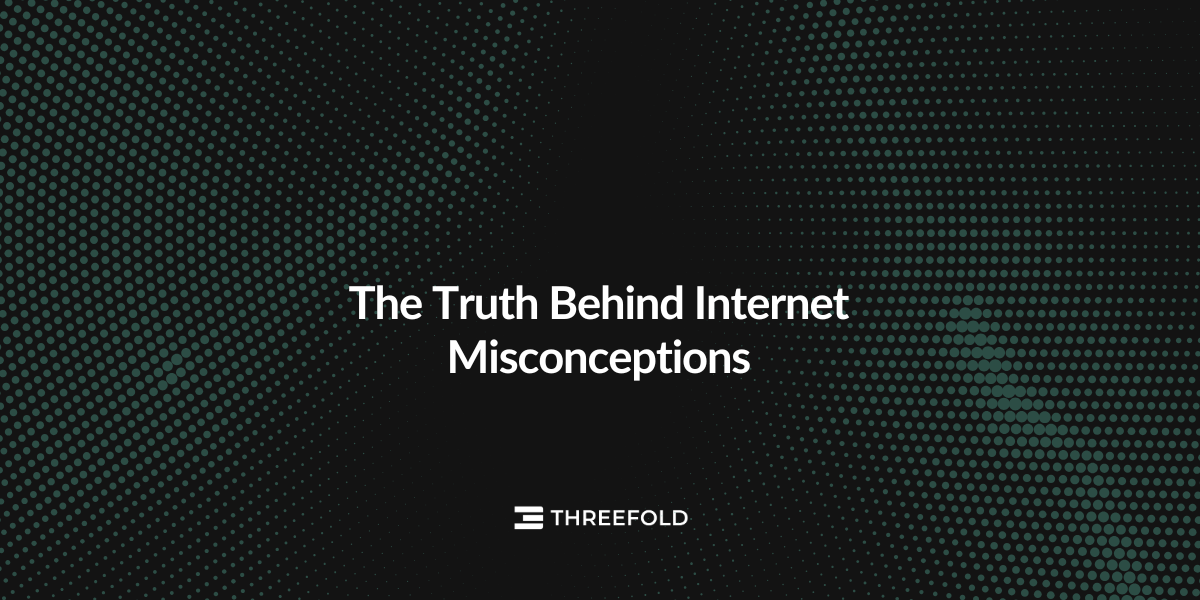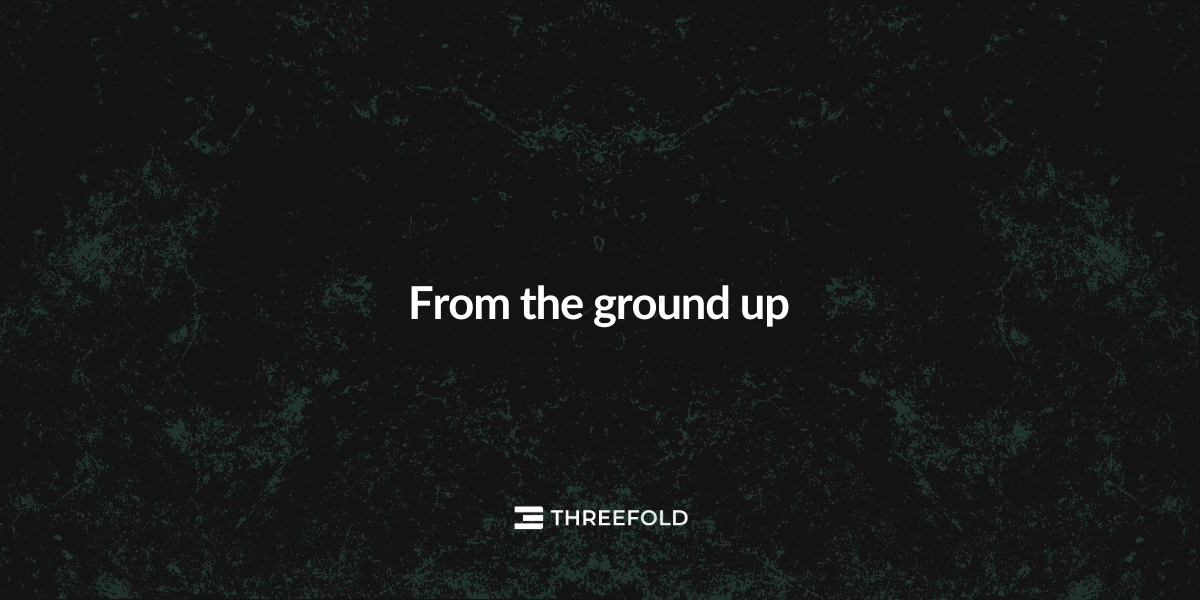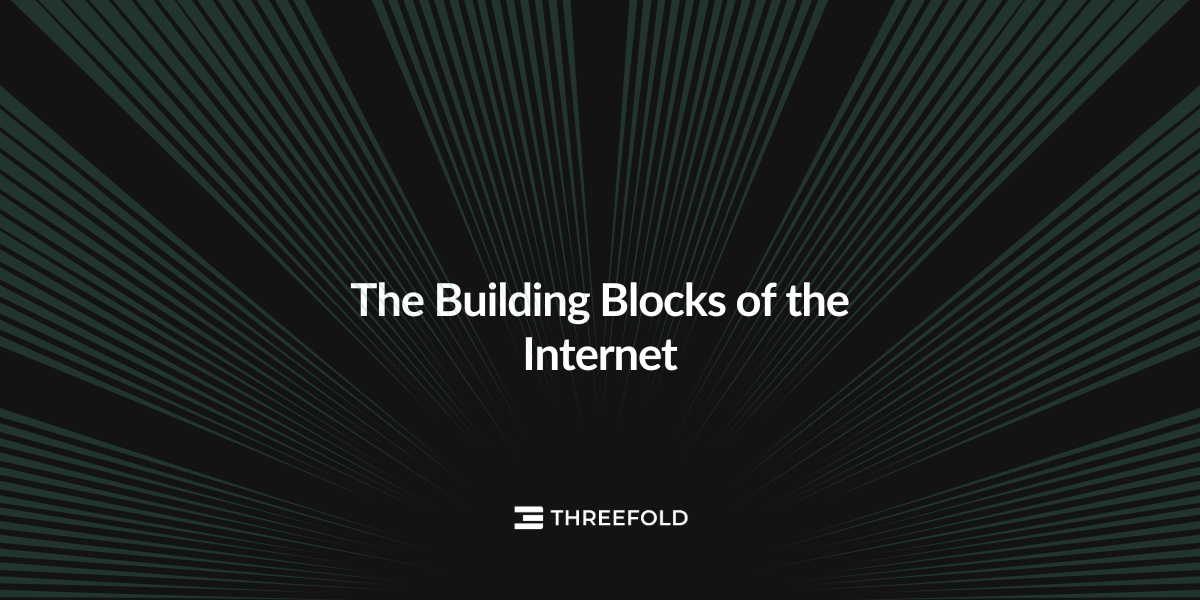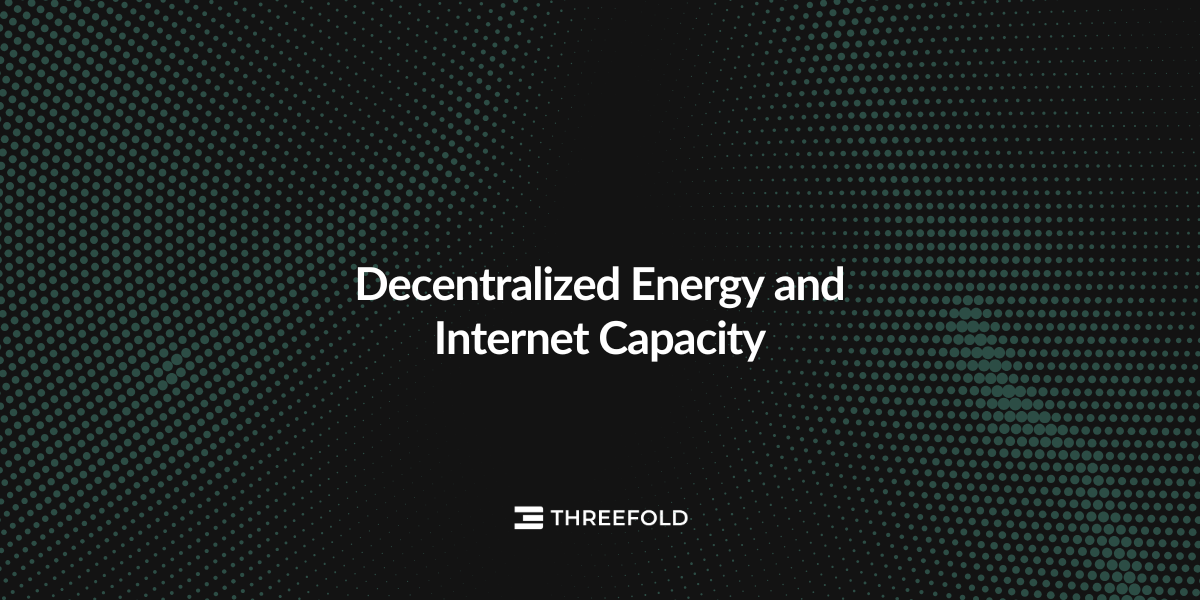Every time you send a message, stream a video, or browse the web, your data passes through centralized servers – exposing you to surveillance, data breaches, and corporate control. What if the Internet worked more like nature – decentralized, resilient, and free?
The Internet as we know it today is riddled with vulnerabilities. Centralized infrastructure exposes users to cyber threats, data breaches, and invasive surveillance. Every year, millions are lost due to hacking incidents, and attempts to improve security often come at the cost of true peer-to-peer connectivity. Instead of a free and open web, we’ve ended up with a system dependent on workarounds and patches, struggling to keep up with modern demands.
It’s clear that our infrastructure is failing. But what if we could rethink connectivity from the ground up? ThreeFold’s Mycelium offers a radically new approach.
🔗The Problems with Today’s Internet
The Internet was designed decades ago, long before the explosion of data, AI, and global connectivity. Today’s networks route nearly all traffic through a handful of major data centers, creating single points of failure, bottlenecks, and privacy concerns. Internet Service Providers (ISPs), cloud giants, and Content Delivery Networks (CDNs) act as gatekeepers, adding unnecessary costs, control, and surveillance.
Patching the system has only led to more complexity. VPNs, CDNs, and edge computing try to fix inefficiencies but don’t address the root problem of centralization. Legacy protocols like IPv4 force reliance on outdated solutions like Network Address Translation (NAT), a method that allows multiple devices to share a single public IP address, contributing to centralization issues. Meanwhile, the rapid growth of IoT devices and AI-driven applications pushes the limits of this aging architecture. The result? A fragile, monopolized internet that prioritizes corporate profits over user empowerment.
🔗Mycelium: A New Approach to Connectivity
Mycelium is a decentralized networking technology that enables direct, peer-to-peer communication without relying on centralized servers. Instead of routing data through major data centers, Mycelium establishes a distributed network that enhances functionality while remaining compatible with existing applications.
How Mycelium works:
- Decentralized Connectivity: Mycelium routes data efficiently using a mesh-like structure, dynamically adjusting based on user location and available peers. This ensures seamless communication without the need for intermediaries.
- End-to-End Encryption: All connections are secured, preventing man-in-the-middle attacks and ensuring complete privacy.
- Proof of Authenticity (PoA): Identity verification strengthens trust between users and prevents malicious actors from infiltrating the network.
- Optimized Routing: Smart algorithms minimize latency and optimize traffic flow, delivering faster, more efficient connectivity.

🔗A Glimpse into the Future with Mycelium
Imagine waking up in a world where your internet connection isn’t routed through corporate-owned data centers but flows securely between you and those you trust. Your home office connects seamlessly to an encrypted global network. You start your day by accessing files from your personal cloud, which is hosted on your own device, encrypted, and accessible only to you. A quick, secure video call with your team follows, running entirely over Mycelium’s peer-to-peer network, free from surveillance or interference.
Small businesses host their websites and manage their infrastructure without relying on third-party cloud providers. Developers push code to private repositories, ensuring only authorized collaborators have access. Families stream media directly from their home servers, avoiding subscription fees and content restrictions. Even online gaming has been revolutionized. Players host multiplayer sessions on encrypted private servers, eliminating lag and reliance on corporate hosts.
Meanwhile, IoT devices in smart homes and remote workplaces function on secure private networks, safeguarding sensitive data from corporate surveillance. A doctor in a rural village can connect securely with a specialist overseas, sharing critical patient data without privacy concerns. Journalists and activists can communicate without censorship, free from government or corporate monitoring.
🔗The Need for a New Internet
The current internet infrastructure is failing us. Over 70% of global internet traffic depends on expensive transglobal networks, leading to high costs and latency. A simple Zoom call between Uganda and Tanzania may be routed through U.S.-based servers, significantly degrading the experience. With AI-driven systems, agentic computing, and rising cybersecurity threats, centralized control is no longer sustainable.
ThreeFold is pioneering a new internet that is truly decentralized, infinitely scalable, and geo-aware. Built from the ground up on a bare Linux kernel, ThreeFold’s internet stack enables modular, self-healing infrastructure, putting control back in the hands of users. Unlike traditional cloud providers, ThreeFold dynamically shards data with advanced erasure codes, providing security against even quantum computing threats. Its real-time routing algorithms eliminate bottlenecks by optimizing packet travel based on congestion, node availability, and latency.
With 3.5 billion people still offline and AI agents set to scale into the billions, the need for a decentralized internet has never been more urgent. The future isn’t about patching a failing system – it’s about building a better one. Through advancements like Mycelium, ThreeFold is leading the charge, reshaping the internet into what it was meant to be: open, secure, and controlled by people – not corporations.
Learn more about Mycelium via the website and documentation.

